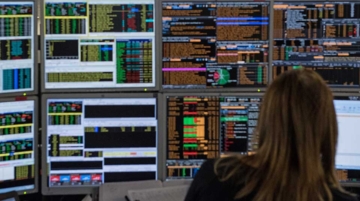The recent announcement that Zambia will default on several of its Eurobond notes, and the indication from ratings agencies that several other African countries are in similar danger are just the latest indicators of how the economic crisis kicked off by the pandemic is impacting African economies.
But the genesis of the crisis doesn’t lie in COVID-19 – it’s much older. It lies in the ongoing problems of development itself. It’s easy to blame African mismanagement or the profligacy of certain African leaders, and in the case of Zambia those factors are partly to blame.










